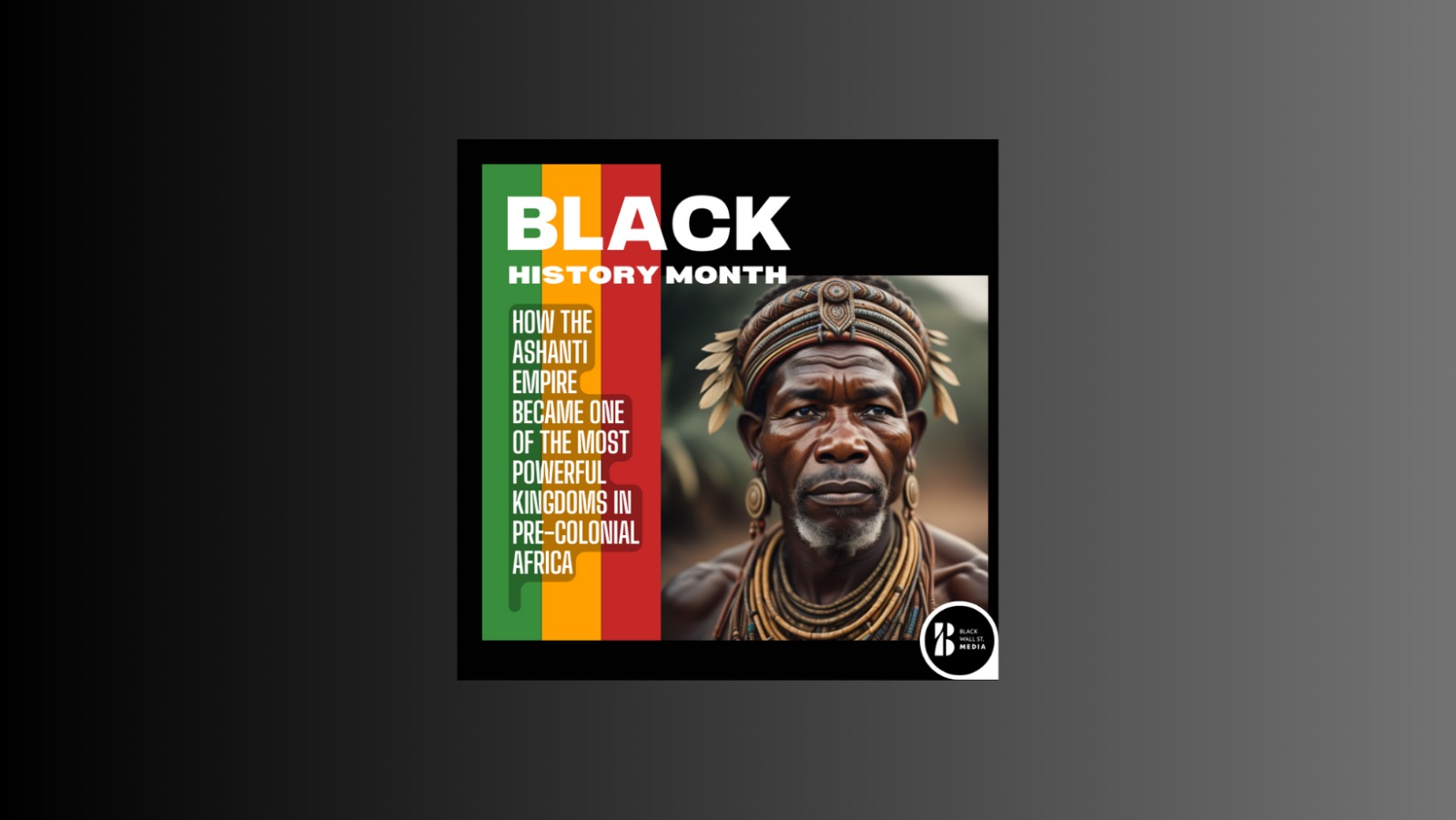HISTORY
In the 18th and 19th centuries, the Ashanti Empire ruled over much of modern-day Ghana — and tirelessly fought back against British colonisation.
“If you don’t understand your past, you can’t transcend it, you might repeat it, you don’t understand half of your life. Knowledge is what’s important, you know? Not the erasure, but the confrontation of it.”
— Nikki Giovanni
Out of the dense forests of West Africa rose the Ashanti Empire, a kingdom that grew to an unprecedented position of power in the 1700s and 1800s. Though the Ashanti state first emerged as a tiny outpost, it eventually evolved into a complex and wealthy kingdom that held dominion over millions of subjects and an area the size of Wyoming.

How The Ashanti Empire Became One Of The Most Powerful Kingdoms In Pre-Colonial Africa
Situated in what is now Ghana, the Ashanti Empire expanded its territories, establishing itself as the unrivaled powerhouse of West Africa. At the height of its glory in the late 18th century, the empire held dominion over 4 million souls and oversaw vast stretches of the West African shoreline.
However, the sands of time shifted. The British, with colonization in mind, approached this region.
Determined to defend their homeland, the Ashanti vehemently opposed the European incursion, battling them in five intense wars.
Yet, as the might of the Ashanti waned, they were compelled to capitulate. Despite this setback, their legacy remained untouched.
Today, the spirit of the Ashanti persists, with their lineage of kings continuing to lead them in their distinct region of Ghana.











